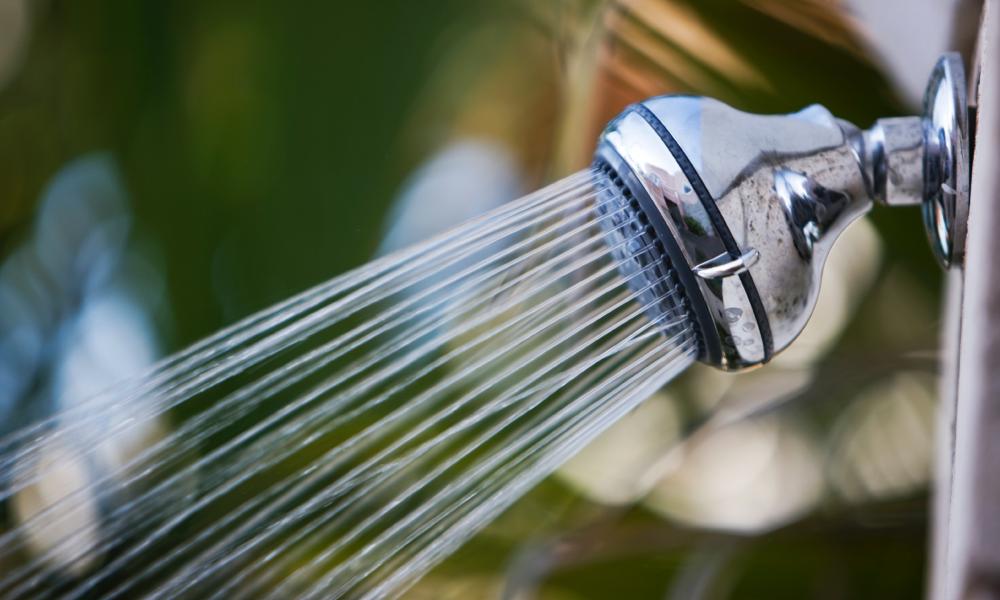
AI Water Conservation Solutions: Transforming Tomorrow
Share
In a world where water scarcity is becoming a significant concern, technology is stepping up to offer groundbreaking solutions. Among these, AI water conservation solutions are leading the charge, helping to manage and optimize water use in ways previously unimaginable. For tech professionals and tech enthusiasts, understanding how AI can revolutionize water conservation is crucial. This article delves deep into how AI is reshaping the landscape of water management.

The Urgency of Water Conservation
Water is a finite resource, and with climate change, population growth, and increased agricultural demand, conserving water has never been more critical. According to the ABC Global Conservation Group, innovative solutions are essential for sustainable water management.
AI technology is emerging as a pivotal tool in this arena. By analyzing vast amounts of data, AI can predict water usage patterns, detect leaks, and optimize irrigation systems. These capabilities are not just theoretical but are already being implemented in various regions around the world.
How AI is Innovating Water Management
Predictive Analysis for Water Usage
AI's ability to analyze big data allows for accurate predictions of water usage trends. By understanding these patterns, utilities can better manage their resources, ensuring that water is available where and when it's needed most. This predictive capability is particularly beneficial for regions facing severe droughts.
Smart Irrigation Systems
In agriculture, AI-powered sensors and systems can dramatically reduce water waste. Smart irrigation systems, for instance, adjust watering schedules based on weather forecasts, soil conditions, and plant needs, ensuring that crops receive the right amount of water at the right time. This precision not only conserves water but also enhances crop yields.
For more insights on how smart homes are integrating these technologies, check out Water Management in Smart Homes.
AI-Driven Leak Detection
Leaks are a significant source of water waste, often going unnoticed until substantial damage occurs. AI can help detect leaks quickly and efficiently. By monitoring water flow and comparing it to typical usage patterns, AI systems can identify anomalies that suggest a leak. Early detection can save thousands of gallons of water and prevent costly repairs.
For example, low-flow toilets play a crucial role in reducing water usage in households. Learn more about these innovative solutions in Top Rated Low-Flow Toilets.
The Role of AI in Urban Water Systems
Urban areas face unique challenges when it comes to water management. AI can optimize urban water systems by managing supply and demand efficiently. By using AI algorithms to monitor water quality and distribution networks, cities can ensure the safe delivery of water to their populations while minimizing waste.
AI also supports the development of smart cities, where interconnected systems allow for real-time adjustments to water distribution based on usage data. This smart integration ensures that every drop counts, promoting sustainability on a large scale.
Challenges and Opportunities
While the potential of AI in water conservation is immense, there are challenges to consider. Implementing AI solutions requires significant investment and infrastructure changes. Moreover, the success of these technologies depends on the availability of high-quality data and the ability to integrate AI systems with existing water management infrastructure.
Despite these challenges, the opportunities are vast. As technology continues to advance, AI will likely become even more integral to water conservation efforts. For those interested in the intersection of AI and environmental sustainability, this is an exciting field with much to explore and innovate.
Conclusion: A Smarter Future for Water Conservation
As the world grapples with water scarcity, AI water conservation solutions offer a promising path forward. By harnessing the power of AI, we can optimize water use, detect leaks early, and develop smart irrigation and urban water systems. These innovations not only help conserve water but also promote sustainability and resilience.
For tech professionals and enthusiasts, engaging with these technologies offers a chance to contribute to a more sustainable future. Whether through developing new algorithms, designing smart devices, or implementing AI systems, there are numerous ways to get involved.
For practical tips on water conservation, visit Water Conservation Tips.

FAQ
How does AI help in water conservation?
AI helps in water conservation by analyzing data to predict usage patterns, detect leaks, and optimize irrigation systems, ensuring efficient water management.
What are some examples of AI in water management?
Examples include AI-driven leak detection systems, smart irrigation technologies, and predictive analytics for urban water systems.
What are the challenges in implementing AI for water conservation?
Challenges include the need for significant investments, infrastructure changes, and the availability of high-quality data for AI systems to function effectively.
For more innovative water conservation ideas, explore Rainwater Collection Ideas.
